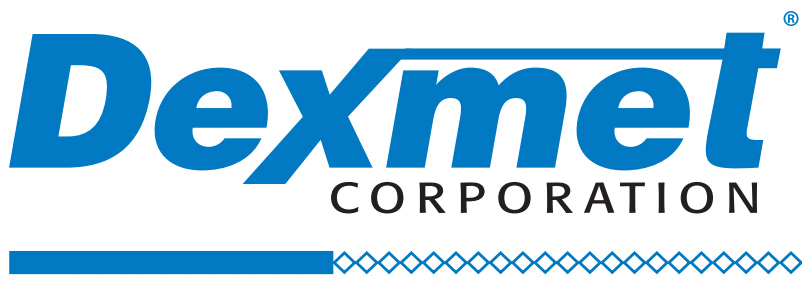Case Study
Dexmet Corp.
Dexmet manufactures expanded thin metals, foils and thermoplastic films for the aerospace, energy, automotive and filtration industries.
Negotiating a Long Term Supply Agreement with a Fortune 100 Customer
Lower middle market B2B manufacturers often experience explosive growth from one or two customers, leading to significant customer concentration. This is especially common when that growth occurs in a market dominated by a few global players such as commercial aerospace. Moving from a prototype to production phase with major OEMs usually requires significant investment in equipment, inventory, and quality control among other things. A solution to the vulnerabilities associated with the required startup costs and resulting customer concentration is a long-term supply agreement. However, bringing a Fortune 100 company to the table can seem like a daunting task for a small business. This article explains how MCM portfolio company Dexmet, a $12 million niche manufacturer of expanded metal foils, positioned itself as a sole source supplier to Boeing and Airbus.
When we acquired Dexmet, the company’s principal market was battery electrodes and a variety of small market industrial applications including fuel cells, electrolysis tanks, filter elements, electromagnetic shielding, and lightning protection. However, management felt commercial aerospace represented an avenue for growth because of the industry’s increasing adoption of graphite and epoxy composite materials (FRP) to replace the metal in the skin of aircraft to lightweight planes and achieve better fuel economy. Unlike the metal it replaced, this new composite material was susceptible to severe damage from lightning strikes. Boeing developed a solution to the problem of a very thin sacrificial “second skin” made from woven wire or expanded metal foil that diffused the energy density and protected the FRP underneath. When lightning struck the second skin, it needed to be repaired before the plane’s next flight. These repairs are much simpler and more efficient with larger metal foils. Because of Dexmet’s ability to produce expanded metal foils at a significantly wider format than competitors, repairing Dexmet’s second skin was a simpler, more efficient process for airlines. As a result, management felt the company was poised to grow into this new market application.
Before long, both Boeing and Airbus were designing commercial aircraft using the FRP material and Dexmet was named the second source expanded metal foil supplier for Boeing’s 787 Dreamliner. In the early 2000s, when Airbus was developing the all composite A350 aircraft, they selected Dexmet as the supplier for all their lightning strike protection requirements. Dexmet was chosen over several European and American alternative suppliers due to the company’s wide format and tight tolerance product offering. Prior to moving from the prototype to production stage, Airbus raised a major concern with Dexmet. The European aerospace juggernaut was wary of becoming dependent on a small, single location American company as the sole supplier of such a critical material. If Dexmet hit a bump in the road, Airbus would need to halt production of its new aircraft. Buyers from Boeing expressed similar concerns as their primary reason for not sole sourcing Dexmet for lightning protection.
While Boeing and Airbus were worried about being overly reliant on Dexmet as a sole source, Dexmet was concerned about customer concentration. To supply the aerospace companies the production quantities they required, Dexmet needed to invest heavily in equipment, inventory, and quality control among other things. However, making these investments on a handshake deal without a firm guarantee was more of a gamble than management could stomach. Dexmet felt negotiating long-term supply agreements could address the issues from both sides.
Before Boeing or Airbus would agree to a long-term sole source agreement, a few groups within each company required some convincing.
- Superior Technology: First, the design and manufacturing engineering teams needed to be convinced that Dexmet would continue down a path of product innovation that yielded a better product at lower system cost. Fortunately, the Dexmet team laid much of this groundwork in the years leading up to negotiations.
- Risk Mitigation: How could Dexmet mitigate the risk of working with a small, single plant company in the Director of Supply Chain’s eyes? The solution was to introduce the concept of a “technology escrow” whereby all the necessary information to recreate the equipment and production process was captured digitally and stored at a secure third-party site. If there was interruption in Dexmet’s production or quality, customers could immediately access the escrow to keep their lines running. Conversely, to protect Dexmet, Boeing and Airbus were not permitted to qualify alternative suppliers and agreed that if they began the qualification process, the technology escrow would be destroyed.
After entering into the agreement, Dexmet made the necessary investments to supply Boeing and Airbus. This long-term sole source position generated extremely strong gross margins which remain the backbone of the company’s performance today.






